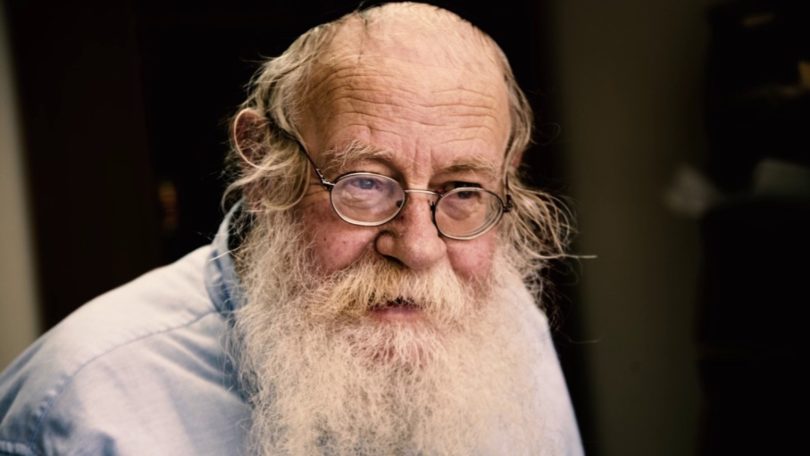In modern society, Yom Kippur arouses primarily a feeling of perplexity.
It recalls the concept of sin, a concept that our permissive society attempts to completely uproot from law, public opinion, and personal conscience.
“Sin” implies that there is something that is truly forbidden, that there is something that is intrinsically loathsome and contemptible, that there is something that one cannot possibly do.
When the general conception is that everything is permitted, sin is no longer possible, and if there is no God, there is no one to sin against.
The world in which we live attempts to present a picture of a free and liberated life, without gods and without sins, without pangs of repentance or remorse – a world entirely free.
In truth, however, this picture is merely a facade that does not reflect the actual reality.
This brave new world – no less than the society that it replaces – is bound with hundreds of laws and rules, with thick ropes of basic concepts and thin threads of custom and tradition of its own.
Many times, of course, these laws and customs do not resemble those of earlier generations, but like them, they are solid and restrictive.
These are substitutes for gods.
Institutionalized religions – both modern and more ancient – produce God substitutes, but secular society does as well.
Although they may declare, “There is no law and no judge,” or, “Eat and drink, for tomorrow we will die!” they, too, have gods.
They are more nebulous and obscured, but no less demanding and controlling.
The reason for this is simple.
Man can deny the world’s Creator and Director; he can, as it were, topple the Holy One, blessed be He, from His throne.
But by his very nature and personality, he cannot leave the seat empty.
Someone will have to occupy the high and lofty throne – an idea, a concept, or a human being.
–Rabbi Adin Steinsaltz

